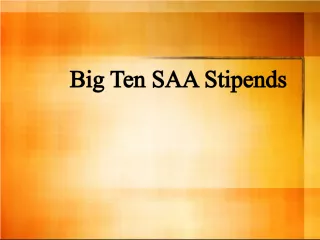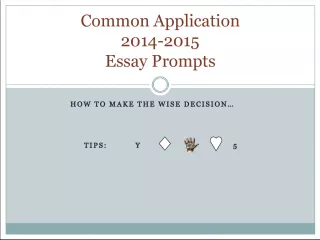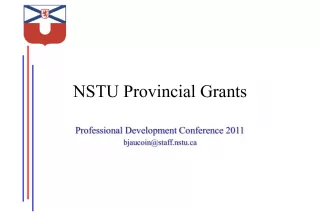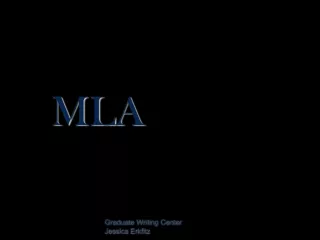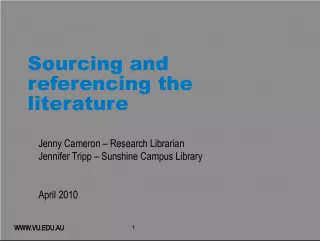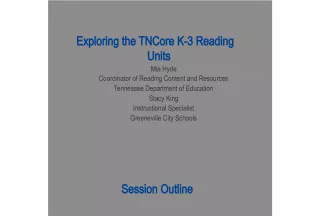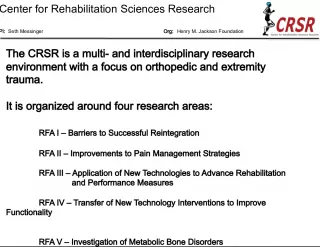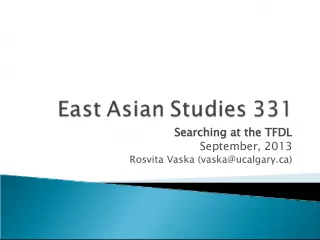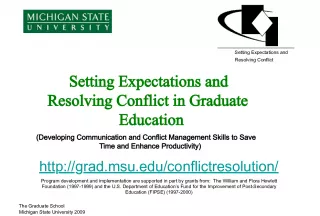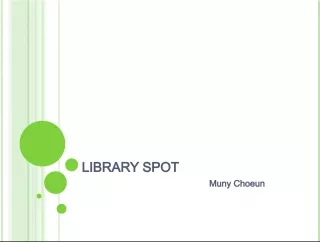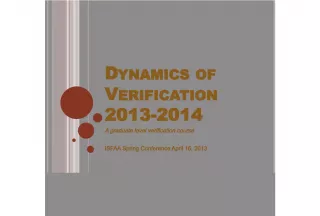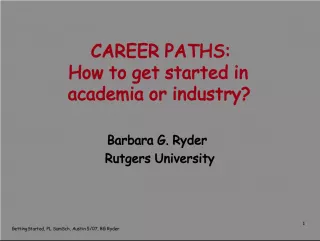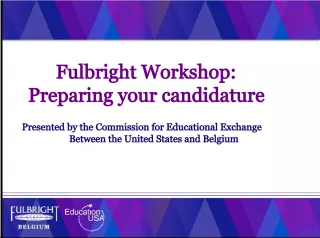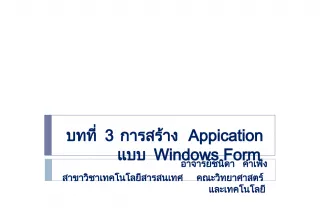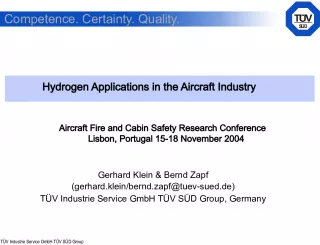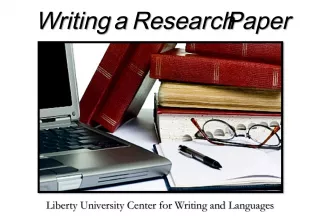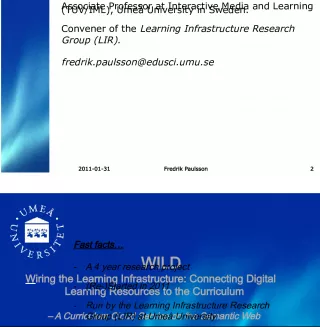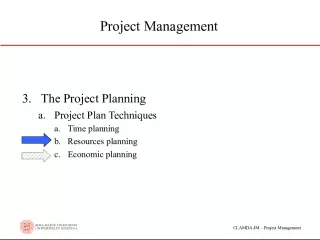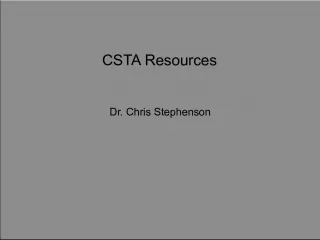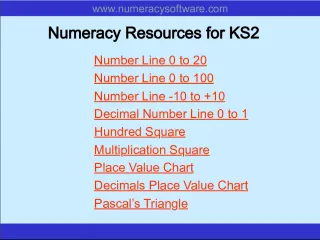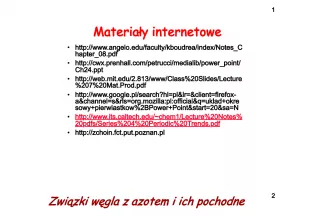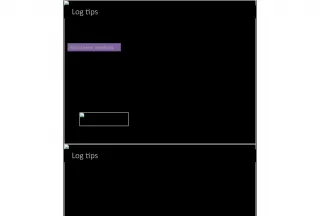Tips and Resources for the NSF Graduate Research Fellowship Application
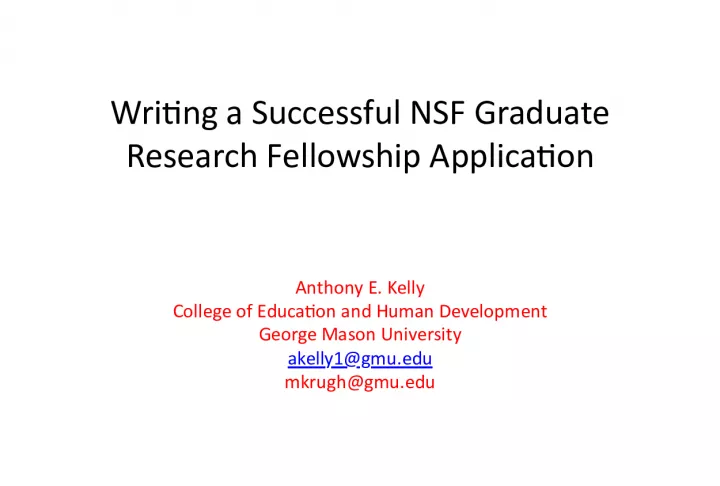

This article provides helpful advice and resources for writing a successful application for the NSF Graduate Research Fellowship, including information on the program, eligibility, and additional sources of graduate funding.
- Uploaded on | 0 Views
-
 lashawnda
lashawnda
About Tips and Resources for the NSF Graduate Research Fellowship Application
PowerPoint presentation about 'Tips and Resources for the NSF Graduate Research Fellowship Application'. This presentation describes the topic on This article provides helpful advice and resources for writing a successful application for the NSF Graduate Research Fellowship, including information on the program, eligibility, and additional sources of graduate funding.. The key topics included in this slideshow are NSF Graduate Research Fellowship, application, eligibility, funding, resources,. Download this presentation absolutely free.
Presentation Transcript
1. Writing a Successful NSF Graduate Research Fellowship Application Anthony E. Kelly College of Education and Human Development George Mason University akelly1@gmu.edu mkrugh@gmu.edu
2. Mechanics that will not be covered What is the program? How do I apply? Am I eligible? These questions are answered here: http://www.nsfgrfp.org/ and here http://www.nsfgrfp.org/about_the_program/promotional_materials Other sources of graduate funding: http://chronicle.com/article/How-to-Win-a-Graduate/46782 Talk to your associate dean for research; Office of Vice President for Research; work with your librarian; conduct a SPIN search ( http://www.infoed.org/new_spin/spin.asp ) Ann McGuigan
3. Read the Criteria! Intellectual Merit Broader Impact Potentially Transformative Research http://www.nsfgrfp.org/how_to_apply/review _criteria Always refer to the Most Recent NSF Grant Proposal Guide ( the GPG ) http://www.nsf.gov/publications/pub_summ.j sp?ods_key=gpg
4. Real Resources: Who? Who won ? Locate, learn, contact: https://www.fastlane.nsf.gov/grfp/Login.do Who is willing to help at universities? http://www.nsfgrfp.org/applicant_resources/f ind_experienced_grfp_resource_persons_for_ institutions_a_l
5. Important Resources Prior Successful Examples (not in all areas); samples from UC Berkeley: http://rachelcsmith.com/academics/nsf.htm Good summary from a winner : http://transientneha.blogspot.com/2007/07/how -to-apply-for-nsf-graduate-research.html Read this on Tips for Applying! http://www.nsfgrfp.org/applicant_resources/tips _for_applying
6. Who is doing hot cool research in your area? NSF award search www.nsf.gov Find the topic Find the University Find the faculty member Find the websites Find the program manager at NSF! Get the preprints Get networked
7. Wow! Most important factor How to Wow Work on a Wow project or area of study How can I find these? NSF award search! Connect, Network. Contact program officers, contact PIs, contact successful Graduate Fellows Present, publish, write on Wow topics
8. Personal Statement Important questions to ask yourself before starting the essay: Why are you fascinated by your research area? What examples of leadership skills and unique characteristics do you bring to your chosen field? What personal and individual strengths do you have that make you a qualified applicant? How will receiving the fellowship contribute to your career goals? How do these activities address the Intellectual Merit and Broader Impacts criteria? Read this: http://www.nsfgrfp.org/how_to_apply/application_materia ls#statement
9. Personal Statement Tie your interests, passions and experience to the Wow area of research! The personal statement is usually read first. Drive the point home! Be clear! Have dozens of people read your personal statement. Are they wowed?
10. Previous Research Experience This statement sets up the Research plan and introduces your Wow topic. Publications? Presentations? Writing? Important questions to ask yourself before starting the essay: What are all of your applicable experiences? For each experience, what were the key questions, methodology, findings, and conclusions? Did you work in a team and/or independently? How did you assist in the analysis of results? How did your activities address the Intellectual Merit and Broader Impacts criteria? http://www.nsfgrfp.org/how_to_apply/application_materia ls#previous
11. Proposed Research Plan Important questions to ask yourself before starting the essay: What issues in the scientific community are you most passionate about? Do you possess the technical knowledge and skills necessary for conducting this work, or will you have sufficient mentoring and training to complete the study? Is this plan feasible for the allotted time and institutional resources? How will your research contribute to the "big picture" outside the academic context? How can you draft a plan using the guidelines presented in the essay instructions? How does your proposed research address the Intellectual Merit and Broader Impacts criteria? http://www.nsfgrfp.org/how_to_apply/application_materials#previ ous
12. Research Plan Heres the Wow and here is how I will make it real! Treat this as a mini proposal INTELLECTUAL MERIT BROADER IMPACT POTENTIALLY TRANSFORMATIVE RESEARCH Follow good proposal writing skills Be current! Cite appropriately (they may be reading your proposal!) Be informed! Excellent research design! Have faculty/researcher experts read it. Are they wowed?
13. Letters of Reference Choose your references carefully; choose people that can speak to your abilities and potential, rather than someone with a prominent title Provide referees sufficient time to write a strong letter Discuss the application and share your essays with them Inform them that reference letters should reflect both your intellectual merit and broader impacts Track submission of letters using your status page in the FastLane application module - if necessary, remind referees about deadline. http://www.nsfgrfp.org/how_to_apply/application_ma terials#previous
14. Letters of Reference These folks should be very familiar with your research and interests long before you ask them! Ideally, they should be colleagues in your work, publications, presentations They should already be on board and have no difficulty in continuing the theme so far: Fund this! This is Wow! This is the person who can pull this off!
15. Transcripts Get Good Grades ! An academic transcript is required for every institution you have listed in the application module. Please be aware you are only required to list the institution from which you have completed your Baccalaureate degree, as well as any institutions from which you have completed any graduate coursework. If you are in your first semester of graduate school, you do not need to submit a transcript for your graduate institution.
16. This is a Campaign! You have lots of competition! Get to work!
